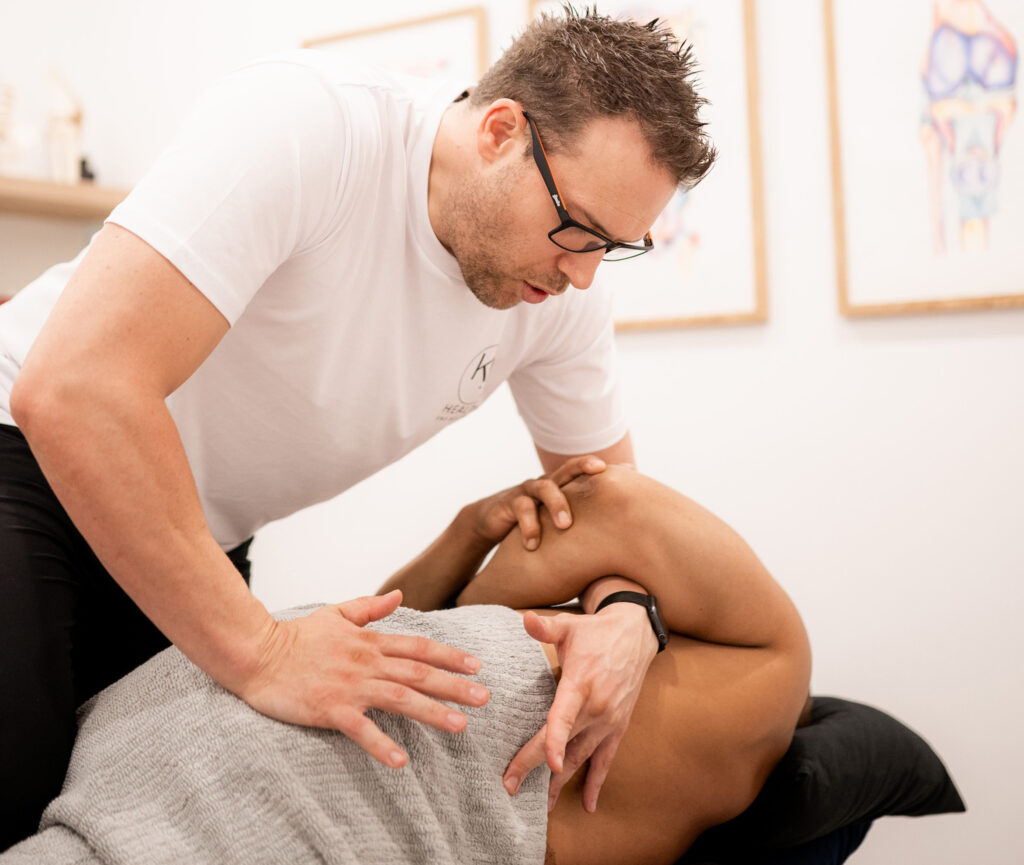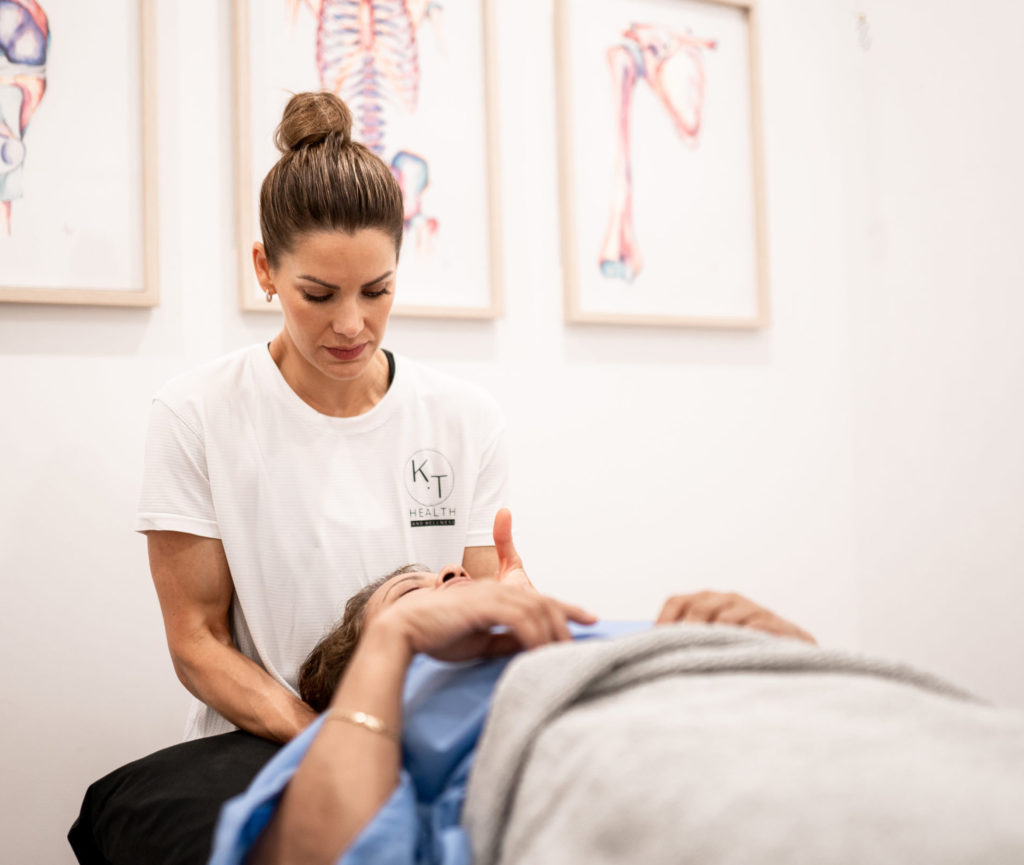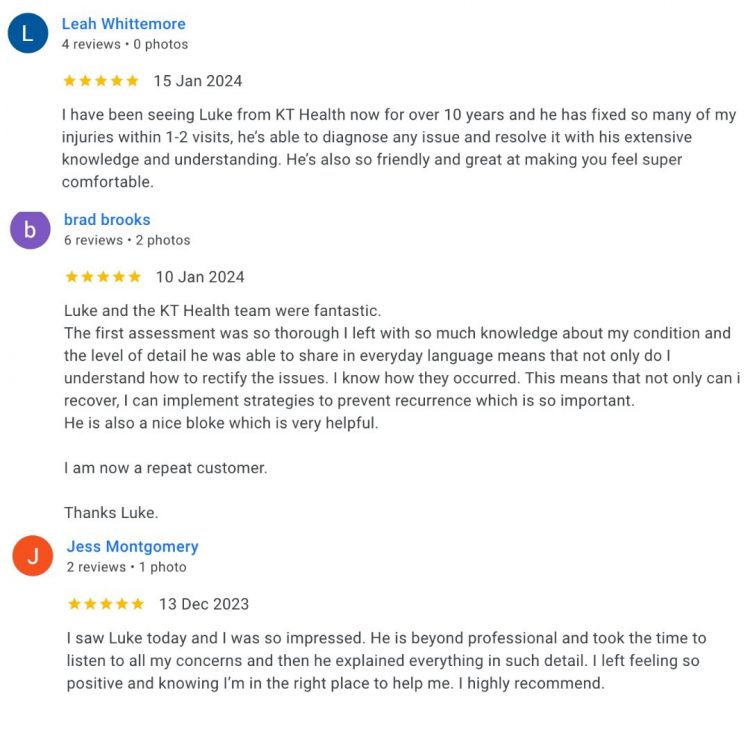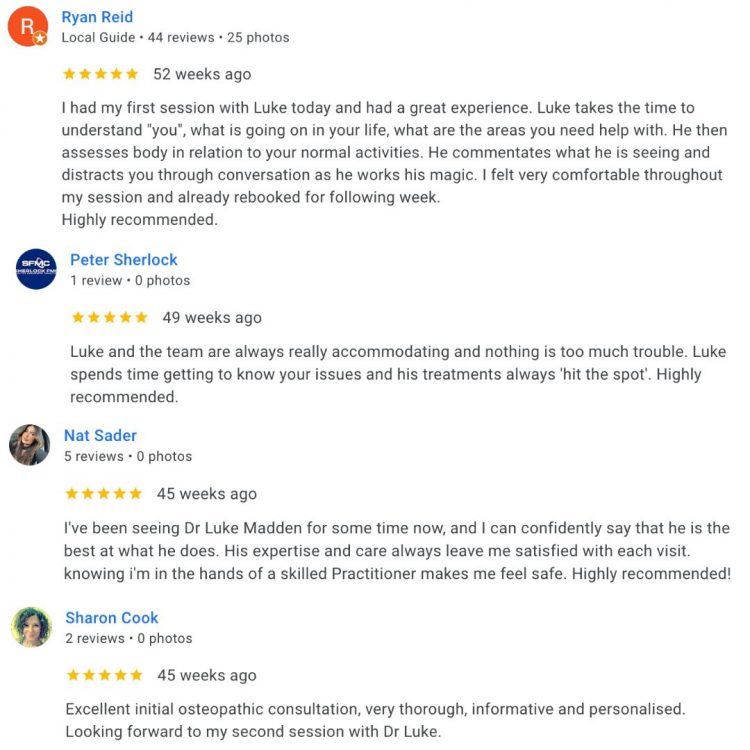Everything You Need to Know About an MCL Tear of the Elbow
What is an MCL Tear of the Elbow?
A MCL tear of the elbow is an injury to the medial ulnar collateral ligament, a key stabilising ligament on the inner side of the elbow. This ligament connects the humerus (upper arm bone) to the ulna (one of the forearm bones) and helps keep the elbow stable, especially during throwing or forceful arm movements. When this ligament is overstretched or torn, it leads to pain, instability, and loss of throwing or pushing strength.
An analogy…
Imagine the elbow like a hinged door, and the MUCL is the hinge holding the inner side together. If the hinge is loosened or torn, the door wobbles or won’t close properly. That’s what happens to the elbow when the ligament tears, the joint becomes unstable and painful with movement.
What are other names that an MCL tear of the elbow can be referred to?
MCL Tear, Medial Collateral Ligament Sprain, Torn MCL, MCL Sprain, Sprained MCL, MCL Injury, Ruptured MCL, Torn Ulnar Collateral Ligament of the Elbow
What causes an MCL tear of the elbow?
The MUCL stabilises the elbow against valgus stress, which is the force that pushes the forearm away from the body while the arm is moving forward (like throwing). Repeated stress, particularly from overhead throwing (like in baseball, javelin, or cricket), can lead to microtears and weakening of the ligament. A tear may happen gradually from overuse or suddenly from a traumatic event like a hard throw or awkward fall.
What are the signs and symptoms of an MCL tear of the elbow?
- Pain on the inside of the elbow, especially during throwing or pushing
- A “pop” or tearing sensation may be felt at the moment of injury (in acute cases)
- Swelling or tenderness along the inside of the elbow
- Decreased throwing velocity or accuracy
- Weak grip strength or difficulty stabilising the forearm
- Feeling of instability or looseness in the joint, especially under load
What tests are used to diagnose an MCL tear of the elbow?
Valgus Stress Test: With the elbow slightly bent, the practitioner applies a valgus force (pushing the forearm outward while stabilising the upper arm). If this causes pain on the inside of the elbow or shows increased joint movement, the test is positive.
Moving Valgus Stress Test: The arm is moved from a flexed to an extended position while a valgus force is applied. A sharp pain between 70–120° of elbow flexion is considered a positive test.
How long does an MCL tear of the elbow take to heal?
Recovery time depends on the severity of the tear and whether surgery is required. For partial tears, rest and rehabilitation may lead to recovery within 8 to 12 weeks. For complete tears, especially in throwing athletes, surgery is often necessary. In these cases, a full return to sport can take 6 to 12 months or longer, depending on the athlete’s level of play and the progress of their rehabilitation program.
How does an MCL tear of the elbow happen?
- Overhead throwing sports
- Poor throwing mechanics or overtraining
- Inadequate shoulder, core, or forearm strength
- Sudden trauma or high-force injury to the elbow
- Prior elbow injuries or laxity
- Starting sport too early after a previous strain
What treatment can help an MCL tear of the elbow?
- Bracing to reduce strain on the ligament
- Manual therapy to relieve tightness in surrounding muscles
- A rehab program focusing on improving throwing mechanics, flexibility, and upper body strength
- Gradual return to throwing program over several months
What exercises or stretches can I do for an MCL tear of the elbow?
- Pain-free range of motion exercises
- Forearm and grip strengthening
- Shoulder and scapular stability training
- Core strength and posture correction
- Progressive throwing mechanics retraining (for return to sport)
- Eccentric loading and proprioception drills for long-term joint control
What products can help with an MCL tear of the elbow?
STOP GUESSING – START MOVING
See what other people have said about our osteopaths
Trustindex verifies that the original source of the review is Google. KT health has really helped my back and i have been able to get back into competitive sportTrustindex verifies that the original source of the review is Google. Absolutely amazing, I see Louie Nouh who always listens and caters to my needs. He is amazing at his job and always helps alleviate my pain. I highly recommend Louie.Trustindex verifies that the original source of the review is Google. Friendly, supportive staff. Such a lovely place to exercise! Highly recommend.Trustindex verifies that the original source of the review is Google. Amazing instructor, I am new to Pilates felt very comfortable & supported.Trustindex verifies that the original source of the review is Google. I have been suffering from shoulder and neck pain for months - I saw Dr Louie Nouh a couple of time. His treatment really relived the pain. I have full range of movement now. His knowledge on exercise is fantastic.Trustindex verifies that the original source of the review is Google. Absolutely love reformer at menai. Instructors are amazing. Love Michaela and love the small classes. Highly recommend!Trustindex verifies that the original source of the review is Google. The trainers are all amazing , they explain everthing step by step and help where needed . It is an amazing place to relax get to know other people have a laugh . I recommend for anyone .Trustindex verifies that the original source of the review is Google. Ever since I came here I’ve been looked after by Louie and my shoulder is already feeling much better. Highly Recommend these are good people.Trustindex verifies that the original source of the review is Google. SENSATIONAL Chiropractor in Menai! I attended my first appointment with Dr Louis Nouh at KT Health & Wellness who is an absolute genius even after one session with him. He explained everything he intended to address about my lower back condition, all in easy to understand, layman’s terms. He said he would call me the next day to follow and see how I was feeling after our session and guess what, he did! During our session, he made me feel relaxed and comfortable especially as it was my first chiropractic appointment EVER! For some reason, I am actually looking forward to my subsequent sessions with him next week. Don’t get me wrong, he did poke, prod and crack me as necessary but the results made it seem worth it.Trustindex verifies that the original source of the review is Google. I have been seeing Melinda now for a couple of months to help with bursitis in my hip. She is one of the best practitioners I’ve ever seen.. With the use of various tools and techniques she has helped me recover much quicker than I expected. Thanks Mel and see you tomorrow!
We don't offer magic fixes or cures, but a sustainable approach to back pain.
Our Osteopaths will offer you a road map to help you take control of your back pain and feel great again.
BOOK YOUR OSTEOPATH VISIT TODAY
Book a Time with Dr Luke Madden Below
Book a Time with Dr Melinda Madden Below
Already have an account?
Book as a guest
- Book an Appointment






